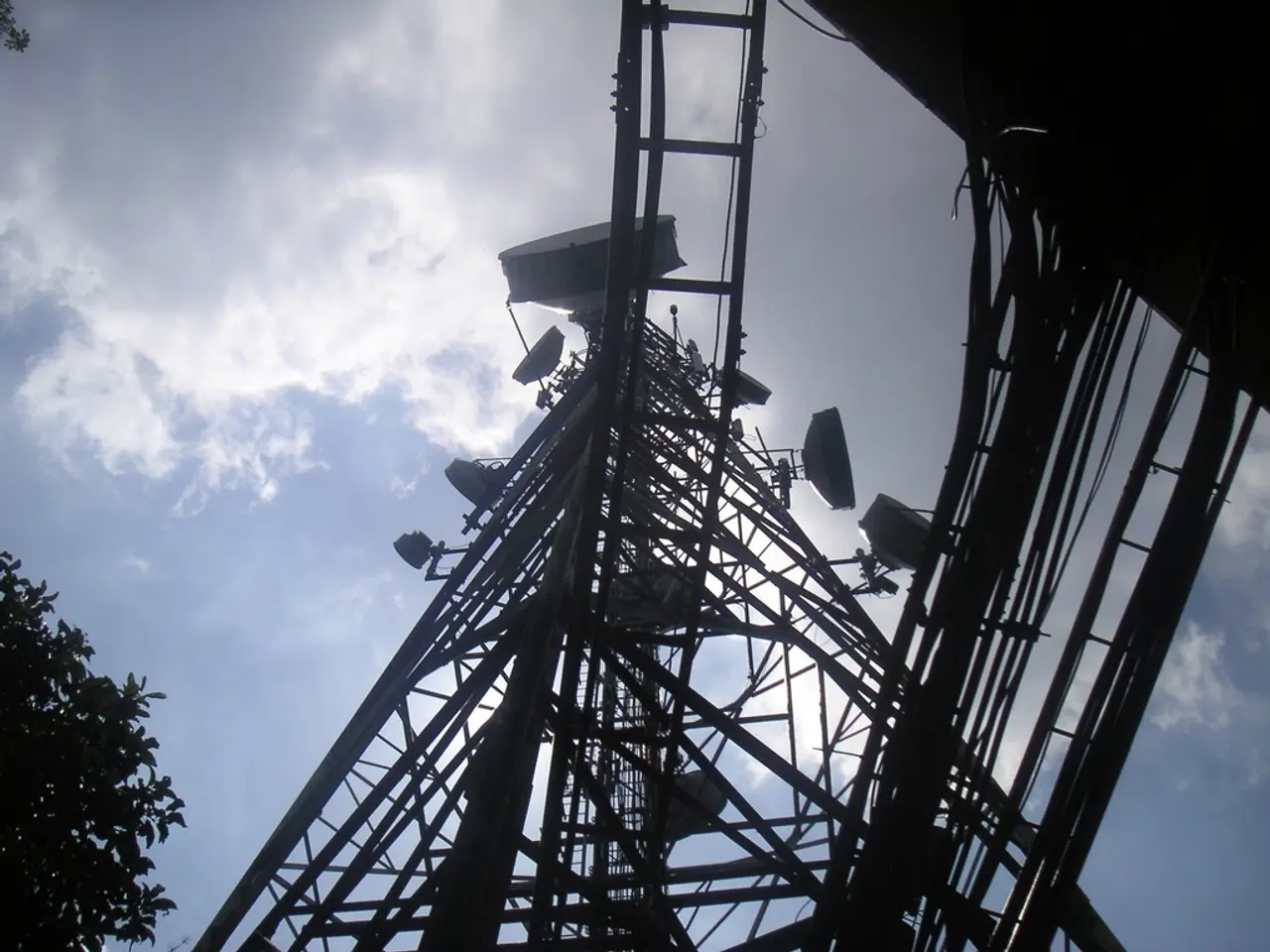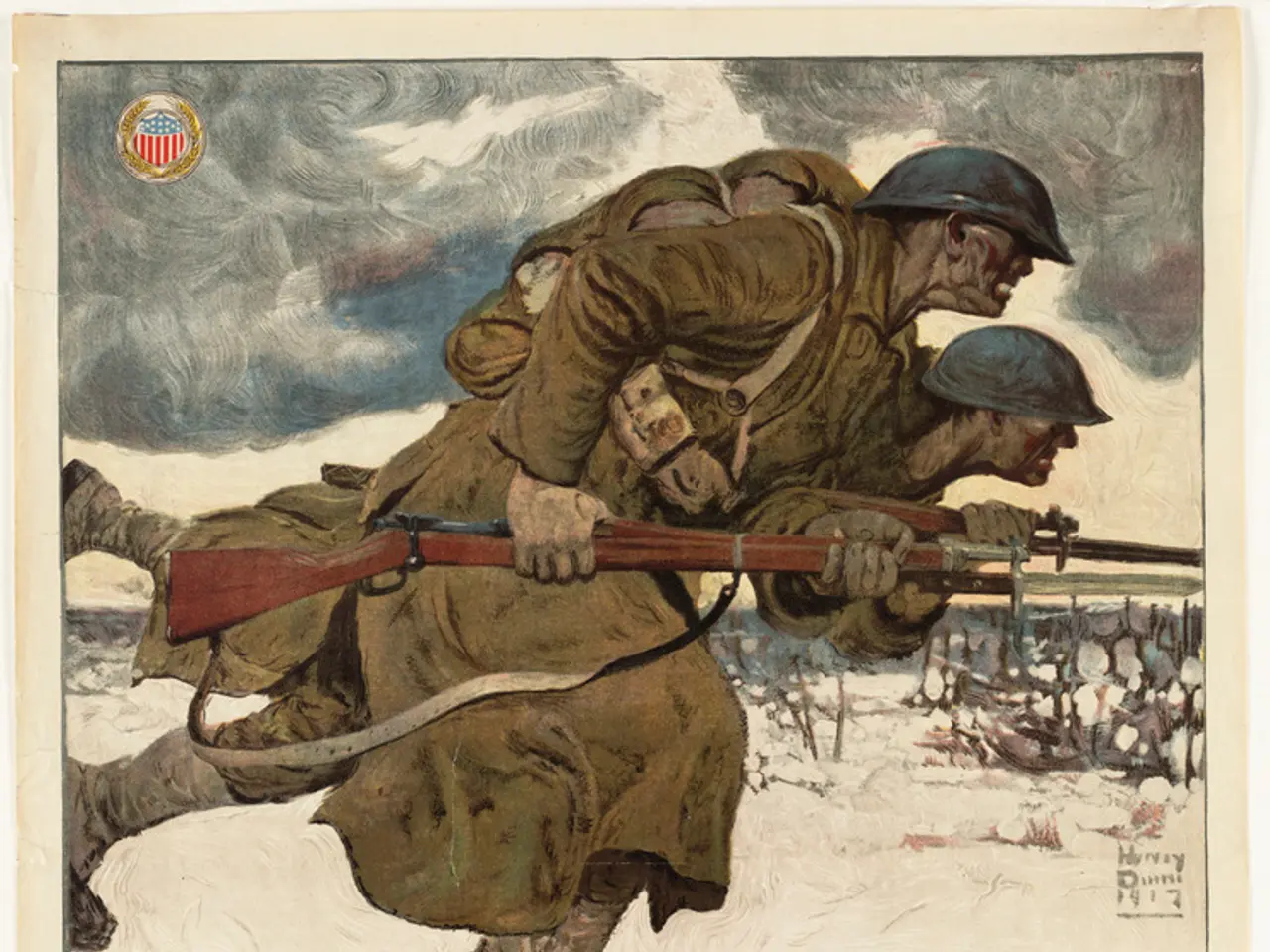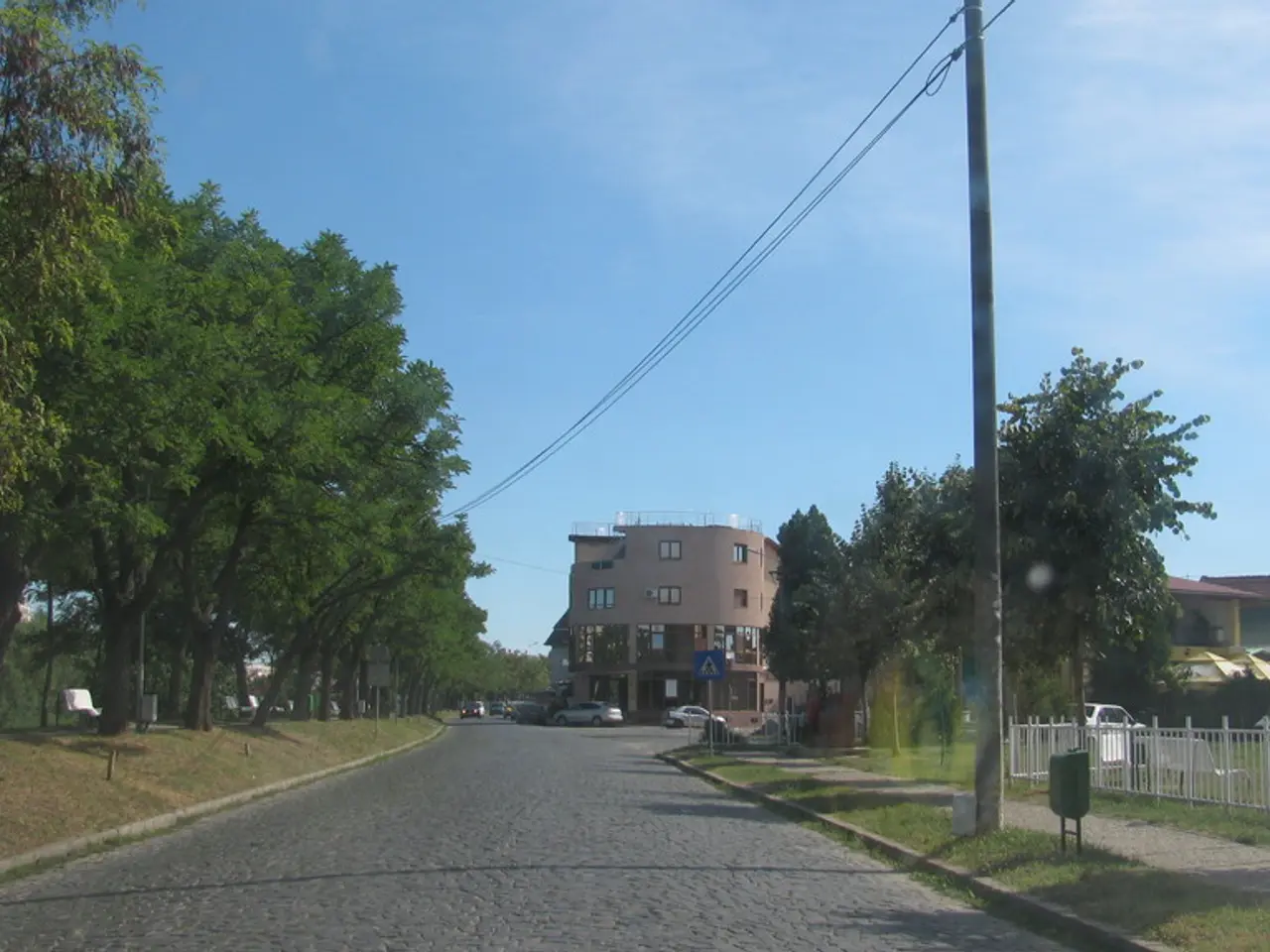FCC Chairman Carr Takes Position on LA 2028 Olympics Advisory Committee
The upcoming 2028 Summer Olympics in Los Angeles is set to be one of the largest sporting events ever hosted in the United States, with over 50 sports, 800+ events, and more than 3,000 hours of live action across more than 40 venues. As the Games approach, the Federal Communications Commission (FCC) is gearing up to ensure seamless communications and broadcast coverage, despite significant changes in spectrum policy and technology.
The FCC's talented staff have already been working on issues related to the Games, collaborating with Federal, state, and local partners, the LA28 Olympic Committee, and other stakeholders to ensure robust and reliable communications for the event. This collaboration is crucial for the complex live event logistics and for delivering an advanced viewing experience globally.
One of the main concerns for the FCC is the management of spectrum during the Games. With a large number of wireless devices — including timing equipment, radio communications for event coordination and security, and broadcast operations — operating simultaneously, robust and reliable spectrum access is essential. Active coordination among federal, state, local partners, and the LA28 Olympic Committee is necessary to ensure this.
The FCC is also planning spectrum auctions that could impact the Games. These auctions are designed to repurpose spectrum for renewed wireless broadband use, but could reduce spectrum available for Olympic needs if not carefully managed.
Another issue is the sunset of Advanced Television Systems Committee (ATSC) signals, the digital TV broadcast standard, which is proposed for February 2028 for the top 55 markets, including Los Angeles. Broadcasters argue that ending traditional ATSC broadcasting by then would allow them to offer enhanced, advanced features using ATSC 3.0 technologies (like HDR video) in Olympic coverage. This transition promises improved Olympic broadcast quality but also requires careful coordination to avoid disruptions.
The FCC, Olympic organizers, broadcasters, and public safety entities are working together to navigate these challenges and ensure a successful execution of the Games. The FCC will bring its expertise to bear to meet the spectrum needs and other operational requirements of the 2028 Olympic and Paralympic Games.
President Donald Trump issued an Executive Order appointing FCC Chair Brandan Carr to a White House Task Force on the 2028 Summer Olympics, further demonstrating the importance of the Games to the US. Carr expressed gratitude for the opportunity to join the Task Force.
Broadcasters have already used ATSC 3.0 capabilities during the Olympics to offer advanced broadcast features in several markets, and the potential to do so again in 2028 is exciting. However, the situation remains complex due to the close timing of the spectrum auction schedules and the transition away from legacy broadcasting technologies.
Despite these challenges, the FCC's efforts to prepare for the 2028 Olympic and Paralympic Games are ongoing and active. The Games offer an opportunity to showcase America's athletic excellence and patriotism, and the FCC is committed to ensuring that the world sees the best of the US in both sports and technology.
- The FCC's talented staff are collaborating with various partners to ensure seamless communications and robust coverage for the 2028 Summer Olympics in Los Angeles.
- With over 3,000 hours of live action across more than 40 venues, the management of spectrum during the Games is a major concern for the FCC.
- Spectrum auctions planned by the FCC could impact the Games, as they aim to repurpose spectrum for wireless broadband use but may reduce spectrum available for Olympic needs.
- The sunset of ATSC signals, the digital TV broadcast standard, is proposed for February 2028 in the top 55 markets, including Los Angeles.
- Broadcasters argue that ending traditional ATSC broadcasting by then will allow them to offer enhanced features using ATSC 3.0 technologies during Olympic coverage.
- The FCC, Olympic organizers, broadcasters, and public safety entities are working together to navigate these challenges and ensure a successful execution of the Games.
- President Donald Trump has appointed FCC Chair Brandan Carr to a White House Task Force on the 2028 Summer Olympics, demonstrating the importance of the Games to the US.




